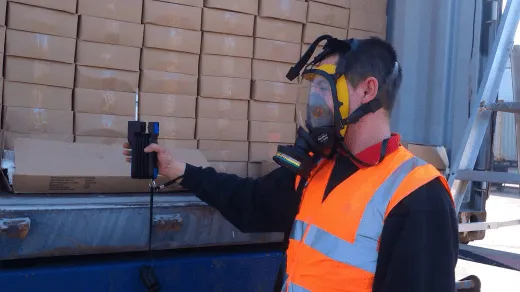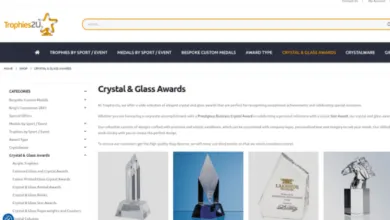Fumigation: The Key to Pest Control and Property Protection

Pest infestations can be a homeowner’s nightmare, a threat to agriculture, or a significant concern in various industries. Fumigation, the process of using chemical gases to eliminate pests, has become a critical tool for pest control and property protection. In this article, we will delve into the world of fumigation, exploring its significance, methods, and the role it plays in safeguarding health, property, and the environment.
The Significance of Fumigation
Fumigation serves various crucial purposes in the realms of pest control, agriculture, and public health:
- Pest Control: Pests such as insects, rodents, termites, and bedbugs can cause extensive damage to structures, contaminate food, and even transmit diseases. Fumigation is a highly effective method for eradicating these pests.
- Agriculture: Agriculture is susceptible to pest infestations that can devastate crops and reduce yields. Fumigation helps protect stored grains, fruits, and other agricultural products, ensuring they remain suitable for consumption and trade.
- Public Health: Certain pests, like mosquitoes, flies, and ticks, are vectors for diseases that affect humans and animals. Fumigation is vital for controlling disease vectors and minimizing the risk of disease outbreaks.
- Quarantine and Regulation: Fumigation is often mandated for imported and exported goods to meet international regulations and standards. This prevents the spread of pests and diseases across borders.
Methods of Fumigation
Various methods of fumigation are employed, depending on the target pests and the environment. Some of the common methods include:
- Structural Fumigation: This method is primarily used for controlling wood-destroying pests such as termites and wood-boring beetles. The structure is sealed, and fumigants are introduced, ensuring thorough penetration and pest elimination throughout the building.
- Commodity Fumigation: Commodity fumigation is used to treat bulk or containerized products such as grains, cereals, and dried fruits. Fumigants are applied in enclosed spaces, guaranteeing that the treatment reaches all pests.
- Soil Fumigation: In agriculture, soil fumigation is employed to control nematodes, fungi, and soil-borne pests. Fumigants are injected into the soil before planting, creating a protective barrier for crops.
- Ship Fumigation: Ships and shipping containers are often fumigated to eliminate pests that can be transported across borders. Compliance with international regulations is essential to ensure the safe transport of goods.
Professional Fumigation Services
Professional fumigators play a pivotal role in ensuring the success and safety of the fumigation process. Their expertise is invaluable in the following ways:
- Risk Assessment: Professionals can accurately assess the pest issue, determine the appropriate fumigant and method, and ensure that the treatment is effective.
- Safety: Fumigants are hazardous chemicals and should be handled by trained experts who understand safety protocols to protect human health and the environment.
- Thoroughness: Professional fumigation ensures comprehensive pest control coverage. This minimizes the risk of pests developing resistance to the treatment and reinfesting the area.
- Legal Compliance: Professional fumigation services ensure that all legal and regulatory requirements are met. This is especially crucial for international trade and transport.
- Long-Term Protection: Professional fumigation services may offer preventive measures and follow-up treatments to ensure that the pest issue does not recur.
Environmental Considerations
The use of chemical fumigants raises environmental concerns due to their potential impact on non-target species and the environment. To address these concerns, the fumigation industry is moving toward more sustainable and environmentally friendly practices. Integrated Pest Management (IPM) combines various pest control strategies, including fumigation, to minimize the use of chemicals and their environmental impact.
Conclusion
Fumigation is a vital tool for pest control, public health, and the protection of property and goods. It offers an effective method for eliminating pests and preventing reinfestation. However, the use of fumigants requires careful handling and compliance with safety and environmental regulations. As the fumigation industry continues to evolve, professionals are increasingly adopting sustainable and environmentally friendly practices to safeguard health and property while minimizing the environmental impact. Fumigation is more than a pest control technique; it’s a critical element in preserving health, property, and the environment.
For more in fumigation in the UK, check this out!





